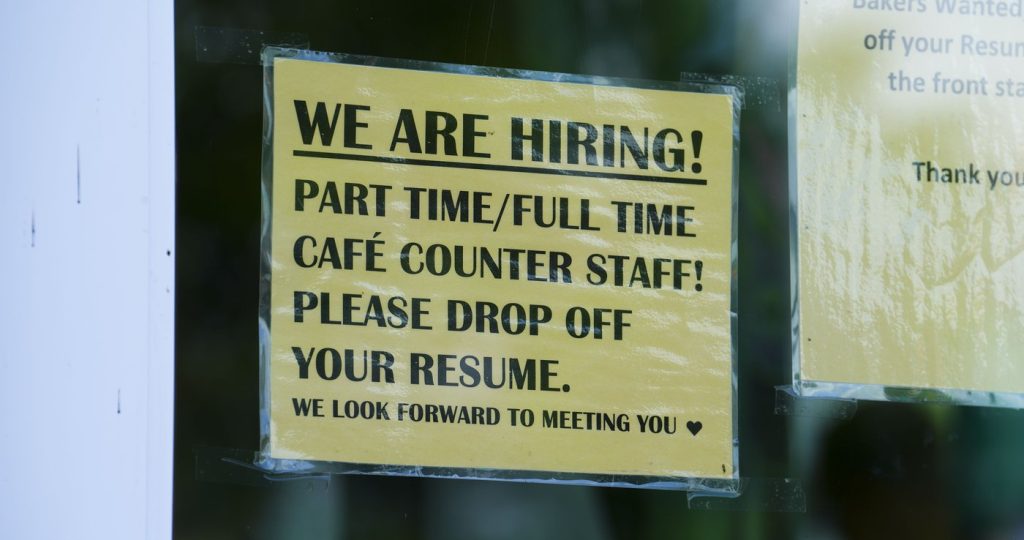OTTAWA — The Canadian federal government is prolonging its alterations to the Employment Insurance (EI) program that were first instituted in March as a response to the ongoing trade war with the United States. The modifications were designed to assist businesses in retaining their workforce by permitting reductions in working hours while providing compensation to employees through EI for the wages lost due to those reductions.
These changes to the EI program took effect on April 1 and were initially scheduled to conclude on Saturday. However, the office of Jobs Minister Patty Hajdu has announced that the adjustments will now remain in place until October 11, 2025, and are projected to benefit approximately 290,000 workers across the country.
The temporary modifications to EI include a significant alteration to the qualifying threshold for regular EI benefits, which is now capped at 630 hours. Additionally, claimants are eligible for an extension of four extra weeks of benefits. These changes were part of a broader $6.5 billion aid package unveiled in March, aimed at aiding businesses as they grapple with the repercussions of the trade dispute.
Former Labour Minister Steven MacKinnon commented at the time of the announcement that the measures were implemented to prevent layoffs by granting businesses the option to reduce employee hours while ensuring that EI would make up the compensation difference for workers affected by these cuts.
On March 23, the government disclosed further temporary adjustments to EI, such as waiving the one-week waiting period for workers to begin receiving benefits, and allowing individuals to commence their EI claims while still in receipt of severance pay. These provisions will also remain effective until October 11.
During the recent G7 meeting held in Alberta, Prime Minister Mark Carney stated that he has established a 30-day deadline to negotiate a resolution with the U.S. aimed at ending the tariffs currently imposed on Canadian goods. Carney has engaged in frequent discussions with U.S. President Donald Trump over the past few weeks, setting July 21 as the target date for reaching a potential agreement.
Foreign Affairs Minister Anita Anand expressed optimism regarding the possibility of achieving a deal but suggested that it may not be finalized by the established deadline. As it stands, the tariffs levied against Canadian goods include a 25 percent duty on imports that do not comply with the Mexico-Canada-U.S. Agreement and extend to additional tariffs on steel, aluminum, and automotive products.
This report underscores the Canadian government's ongoing efforts to mitigate the economic impact of U.S. trade policies while simultaneously supporting its workforce through enhanced EI benefits as part of a proactive strategy to navigate the challenges posed by the trade war.












